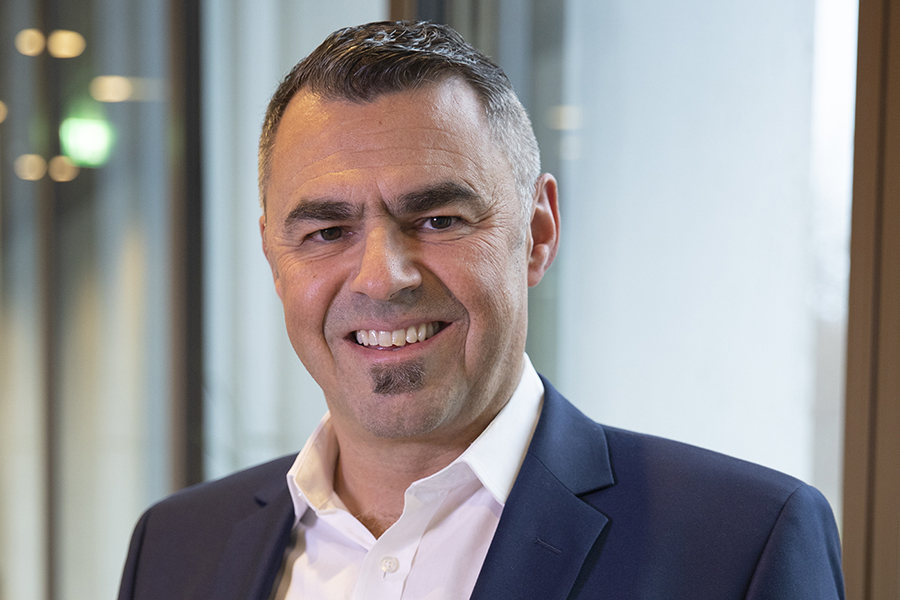Organizations remain agile when their employees are willing to learn both from and with each other. This especially holds true for managers. Mentoring is a proven tool that brings together members of the Executive Board and senior management with leaders from middle and lower management. The mentor passes on their wealth of experience to support the mentee in their professional development. A firm belief in mentorship drives Patrick Jacot, Head of Credit Services at PostFinance and, since 2018, Head of Partner Management at Valuu, to make himself available for mentoring sessions at PostFinance time and again – and true to form, he is just getting started on a new mentorship with a manager. He has even trained as a coach and business mentor. “Developing people has always been close to my heart and is a key factor in why I’m in a leadership position in the first place,” he explains.



